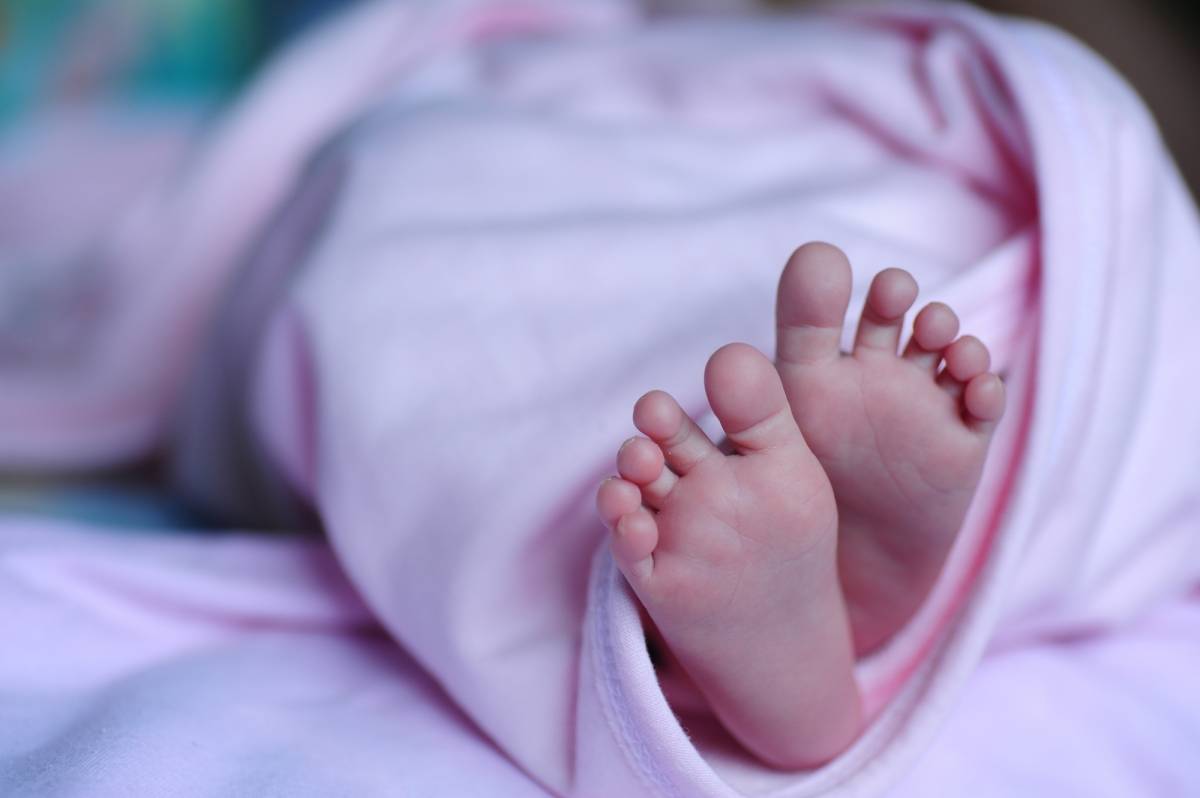China’s birth rate has been on the decline since 2017, despite easing of the ‘one-child policy’ in order to avert an incoming demographic crisis….reports Asian Lite News
China’s recently-announced three-child policy will not help the country to drastically raise the birthrate, said a top Chinese economist, adding that the country will struggle to raise the retirement age by more than a couple of years by 2025.
According to the South China Morning Post (SCMP), a Chinese economist, Yao Yang said that the policy will not prevent a long-term trend toward lower annual births in China, and the country will struggle to raise the retirement age by more than a couple of years by 2025.”
“I do not think we can drastically raise the birth rate,” Yao Yang, dean of the National School of Development at Peking University, said in an interview.
The government’s move to allow families to have three children could lead to a short-term increase in births, but “we cannot expect the effect to continue for a long time,” he said.
“We’d better prepare for an ageing society,” said Yao, one of a group of economists who consulted President Xi Jinping and top economic official Liu He last year. “That is the destiny of East Asian societies.”
Yao said that despite an ageing population, rising productivity could sustain the economic growth rate close to its potential of 5.5 per cent to 6 per cent over the next decade.
China should maintain high levels of investment in urbanisation, education and research, he added. “Other people say investment should not be a driver for China’s growth,” he said. “I don’t agree with that. China still needs capital.”
To slow the pace of a decline in its workforce, Beijing has announced plans to “gradually” raise the national retirement age – currently one of the lowest in the world at 50-55 for women and 60 for men – in the next few years but has not given a timetable.
ALSO READ: China lambasts G7 focus on HK, Xinjiang
According to Yao, there is an added urgency to the reforms as China experienced a baby boom in the 1960s, and that cohort is already reaching retirement age.
Retirement reforms could be slow though, Yao said, adding that he does not think the government will raise the retirement age too much because of “social resistance.”
One “realistic” option would be to raise the age by an average of six months a year over the next five years, resulting in a 2.5 year increase by 2025, Yao said.

By 2030, the retirement age for men and women could be five years higher than current levels.
China’s birth rate has been on the decline since 2017, despite easing of the ‘one-child policy’ in order to avert an incoming demographic crisis.
Despite the relaxation of the one-child policy in 2016, the number of live births per 1,000 people fell to a record low of 10.48 in 2019, down from 10.94 in 2018. This has sparked fears of an impending demographic crisis.
Meanwhile, experts have said China’s labour force will peak in the next few years before shrinking by about five per cent over the next decade, reported CNN. That could mean trouble for the big economic policy objectives set by President Xi Jinping.
China’s birth rate fell by almost 15 per cent year-on-year in 2020, and some people have indicated that the rising cost of living is a major deterrent to having larger families.
For decades, China’s family planning restrictions empowered the authorities to compel hundreds of millions of Chinese women to have abortions or undergo sterilisation operations in order to control the population. (ANI)

